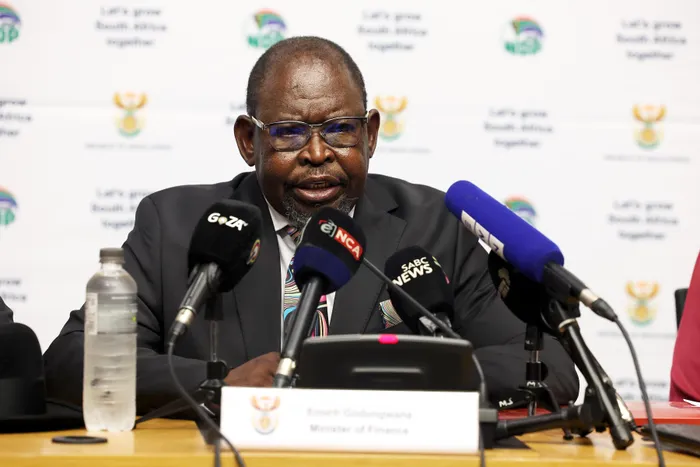
Djibouti has revised its budget forecasts for 2025, reflecting sustained economic growth and an increase in state revenues, according to decisions adopted by the Council of Ministers on Tuesday, October 7, 2025.
The meeting, chaired by President Ismaïl Omar Guelleh, approved the final settlement of the 2024 budget alongside an amended finance law for 2025.
The 2024 state accounts recorded revenues of 145.1 billion FDJ (approximately 817 million USD), equivalent to 19% of GDP, against total expenditures of 167.7 billion FDJ (944 million USD).
Tax revenue reached 85.1 billion FDJ (479 million USD), while non-tax income contributed 42.5 billion FDJ (239 million USD), buoyed by military rents and public dividends.
Donations and financial income added 7.6 billion FDJ (43 million USD) and 10 billion FDJ (56 million USD) respectively.
Expenditure exceeded initial forecasts by 15.5 billion FDJ, with current spending totaling 116.6 billion FDJ (656 million USD), including 40.5 billion FDJ (228 million USD) for payroll, while investment spending reached 33.1 billion FDJ (186 million USD), primarily funded from internal resources.
Macroeconomic data for 2024 showed real GDP growth of 6.8%, driven by a 49% increase in port container traffic and a 16% rise in construction activity, while inflation remained contained at 2.1%.
The amended 2025 budget sets a revenue-expenditure balance of 170.6 billion FDJ (960 million USD), up 12.2 billion FDJ (69 million USD) from the original finance law.
The adjustment reflects a recovery in port activity, strong performance from the free zone sector, and controlled inflation at 1.4%.
Domestic resources are projected to rise by 13.6%, while external funding shows a slight decline. Current spending is forecast at 101 billion FDJ (568 million USD), up 3.26 billion FDJ, and investment expenditure at 18.7 billion FDJ (105 million USD), up 1.52 billion FDJ.
A key new measure introduced is a 0.2% tax on outgoing international transfers, aimed at broadening the tax base.
The government has emphasized that these revisions are intended to maintain fiscal balance while supporting priority sectors, including health, education, security, and justice, alongside continued investment in infrastructure and energy.



